Physical Sciences
Explore Physical Sciences
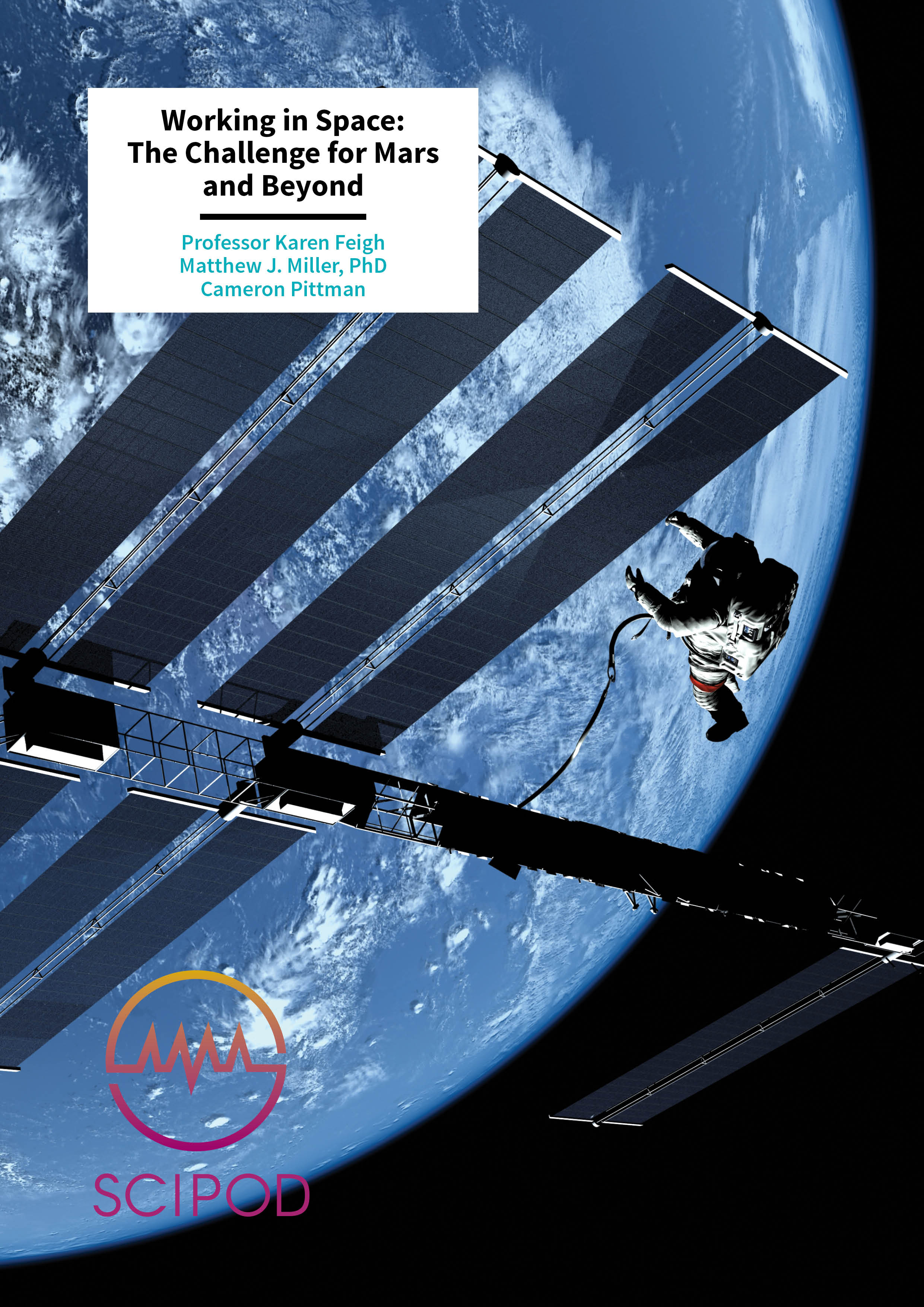
Working in Space The Challenge for Mars and Beyond – Karen Feigh, Matthew J. Miller and Cameron Pittman
Professor Karen Feigh and Dr Matthew Miller from the Georgia Institute of Technology examine what support will be required when astronauts need to work outside in deep...
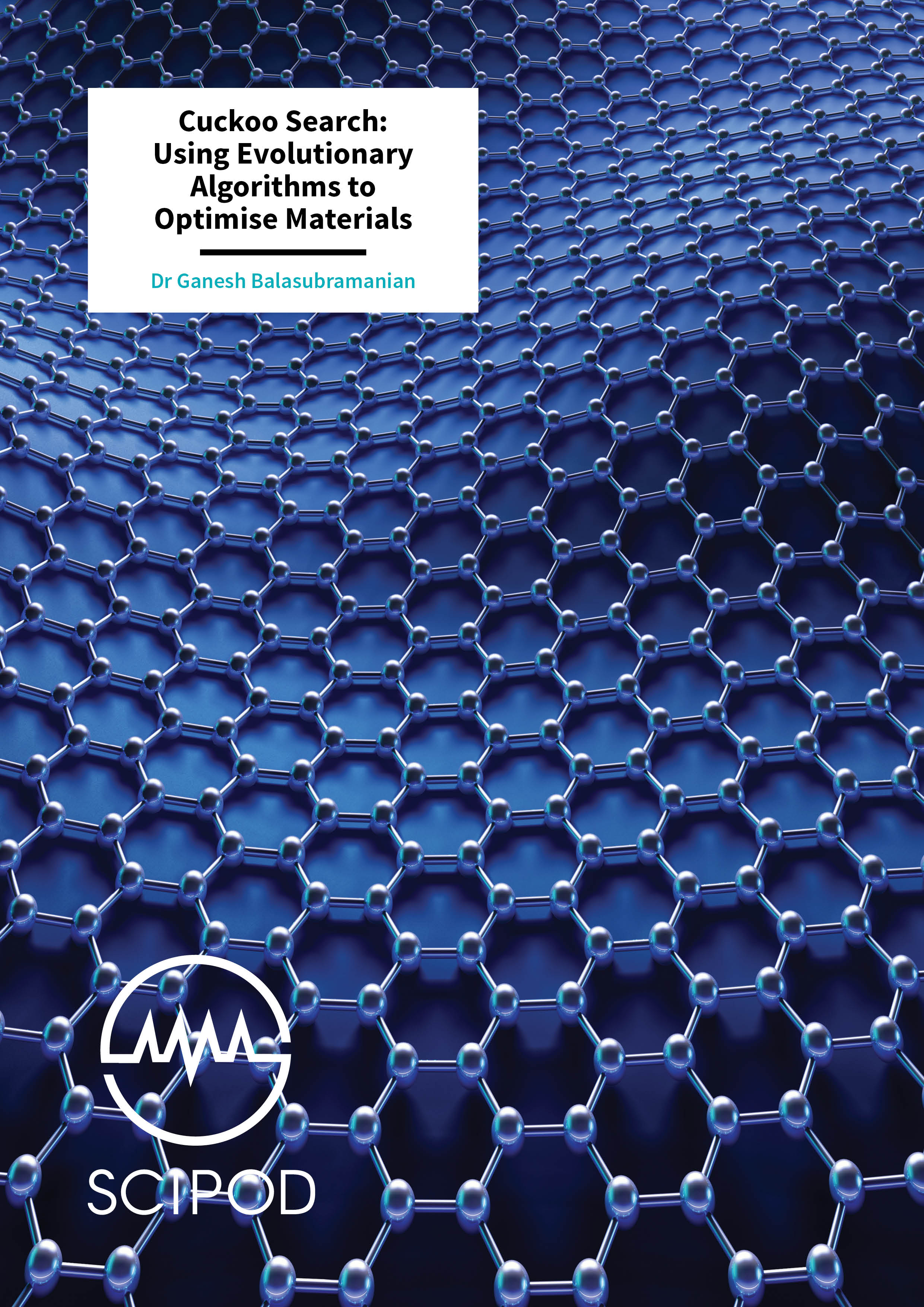
Cuckoo Search Using Evolutionary Algorithms to Optimise Materials – Dr Ganesh Balasubramanian, Lehigh University
From the metal in our cars to the circuits in our phones, the materials we use in our everyday lives can be meticulously engineered on a molecular scale to suit our...
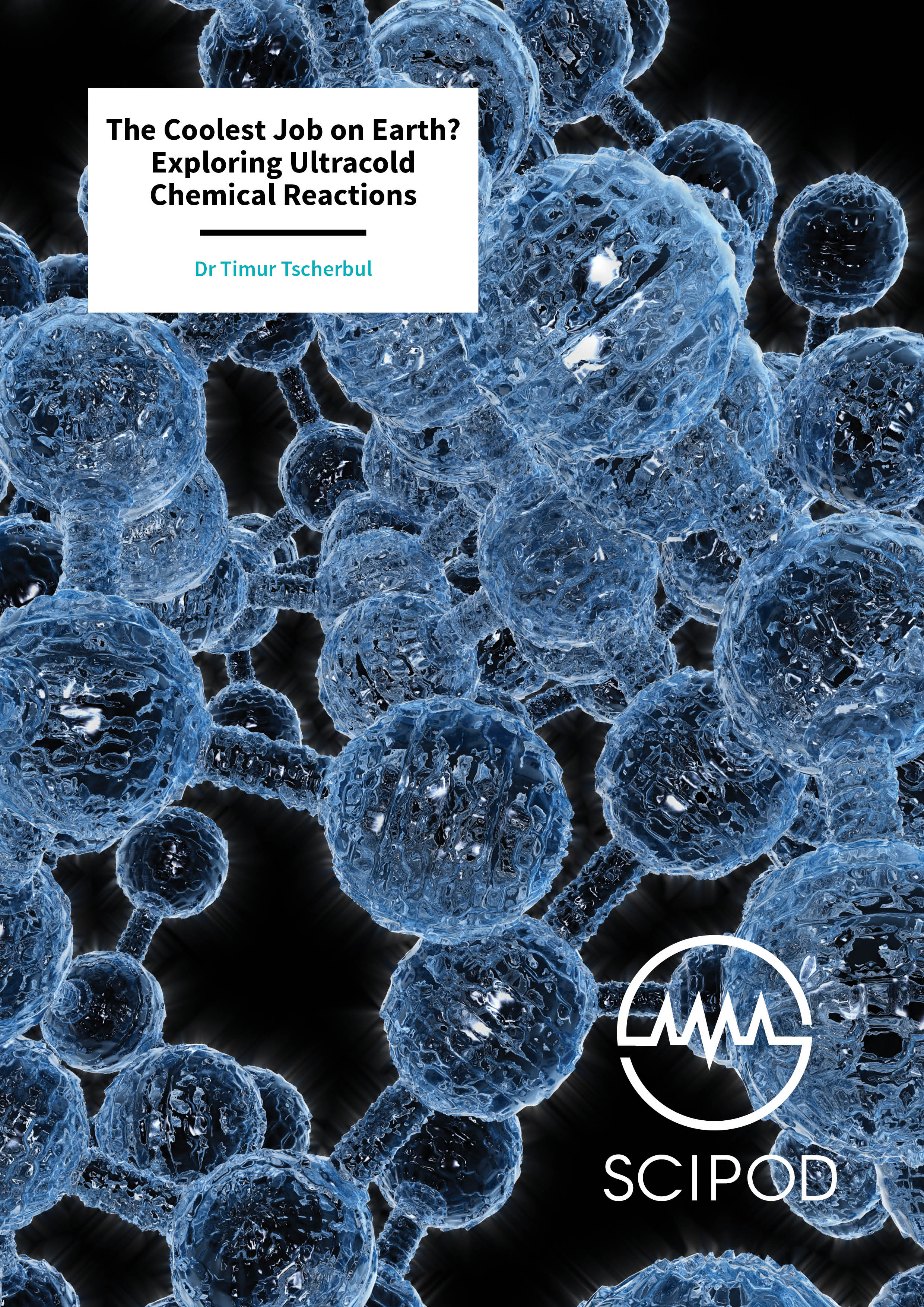
The Coolest Job on Earth Exploring Ultracold Chemical Reactions – Dr Timur Tscherbul, University of Nevada, Reno
Algorithms are everywhere. From the targeted ads that flood your Facebook feed, to the split-second decision making of self-driving cars, they can be surprisingly...
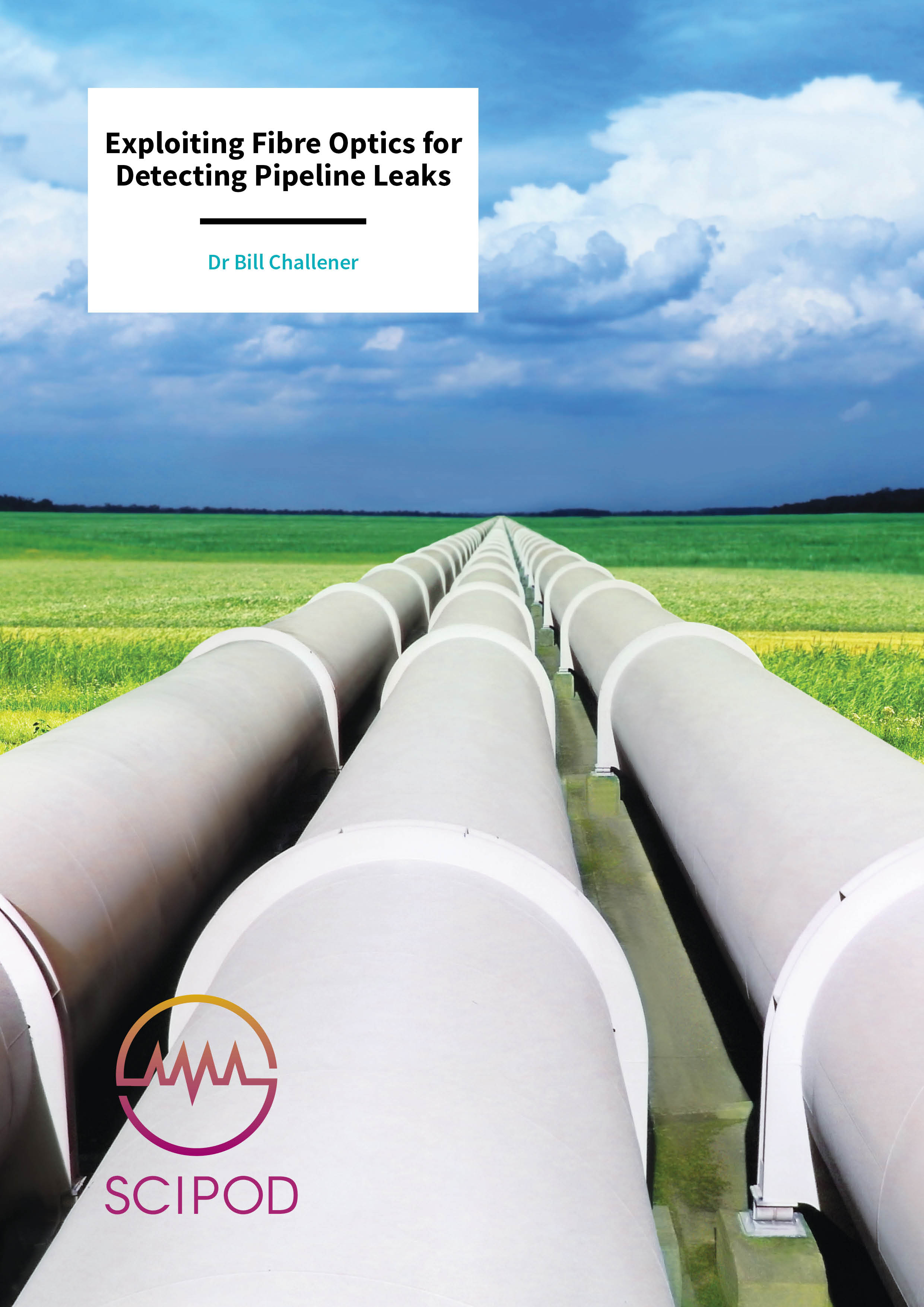
Exploiting Fibre Optics for Detecting Pipeline Leaks – Dr Bill Challener, GE Global Research
Original Article Reference https://doi.org/10.33548/SCIENTIA80 Share Episode About this episodeSome of the best ideas in science are ones that seem completely...
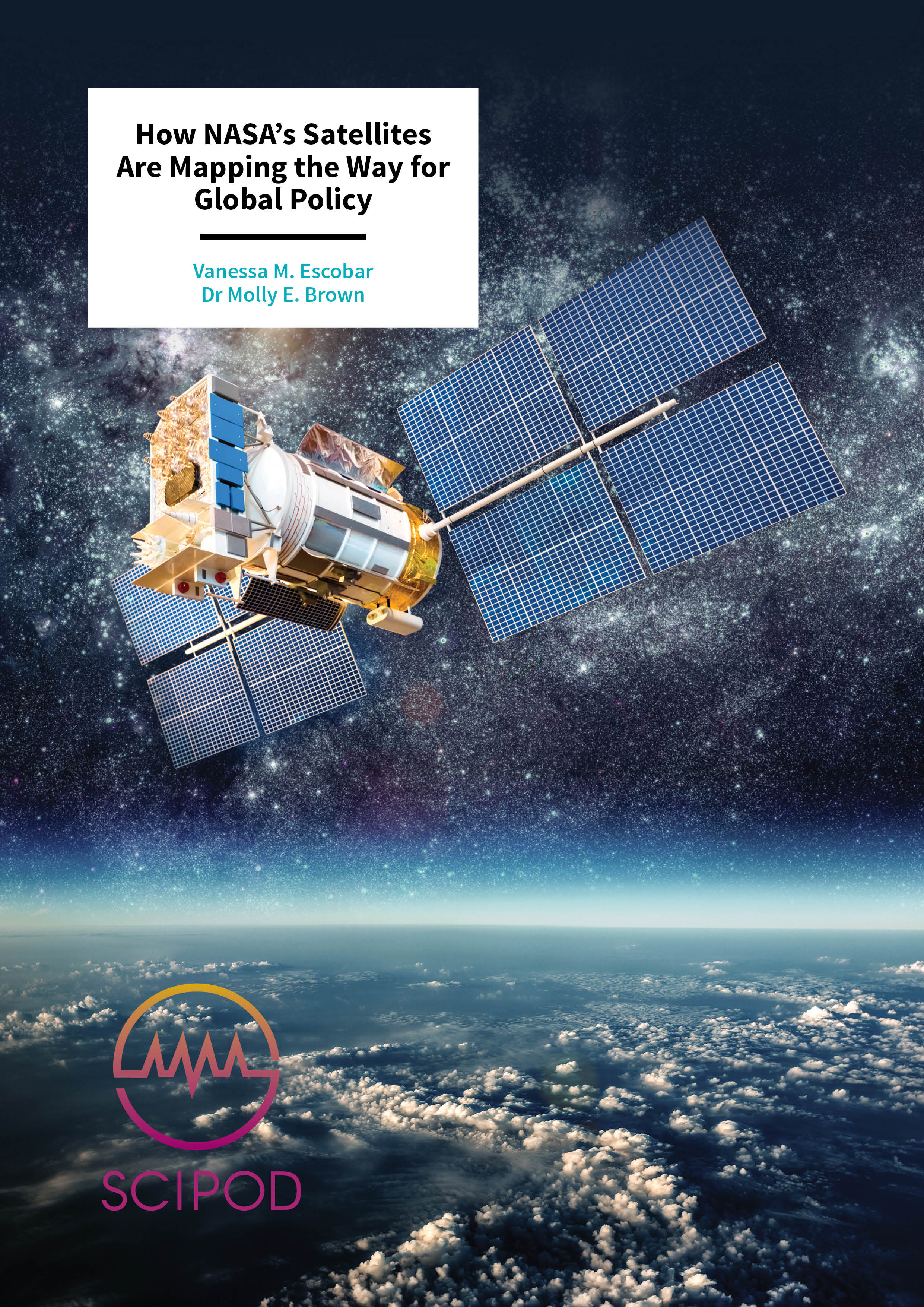
How NASA’s Satellites Are Mapping the Way for Global Policy – Vanessa M. Escobar and Dr Molly E. Brown
NASA’s satellite technologies have provided a wealth of data about the planet, and can be tailored into usable products to support major decision makers across the...
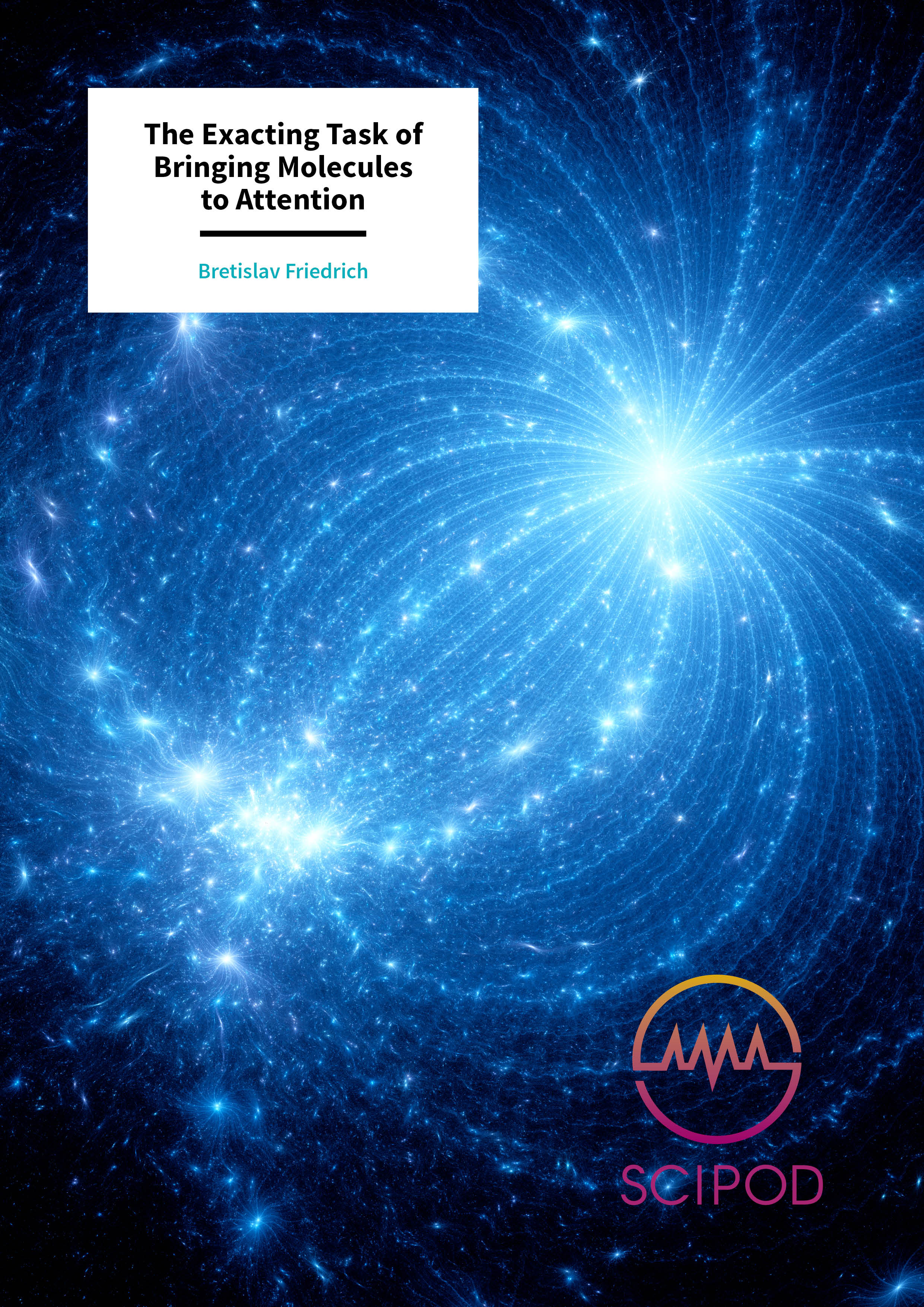
The Exacting Task of Bringing Molecules to Attention – Bretislav Friedrich, Fritz Haber Institute of the Max Planck Society
Molecules are relentlessly dynamic – vibrating, cartwheeling, and zigzagging in a restless hustle. In order to study molecular properties and interactions, their...
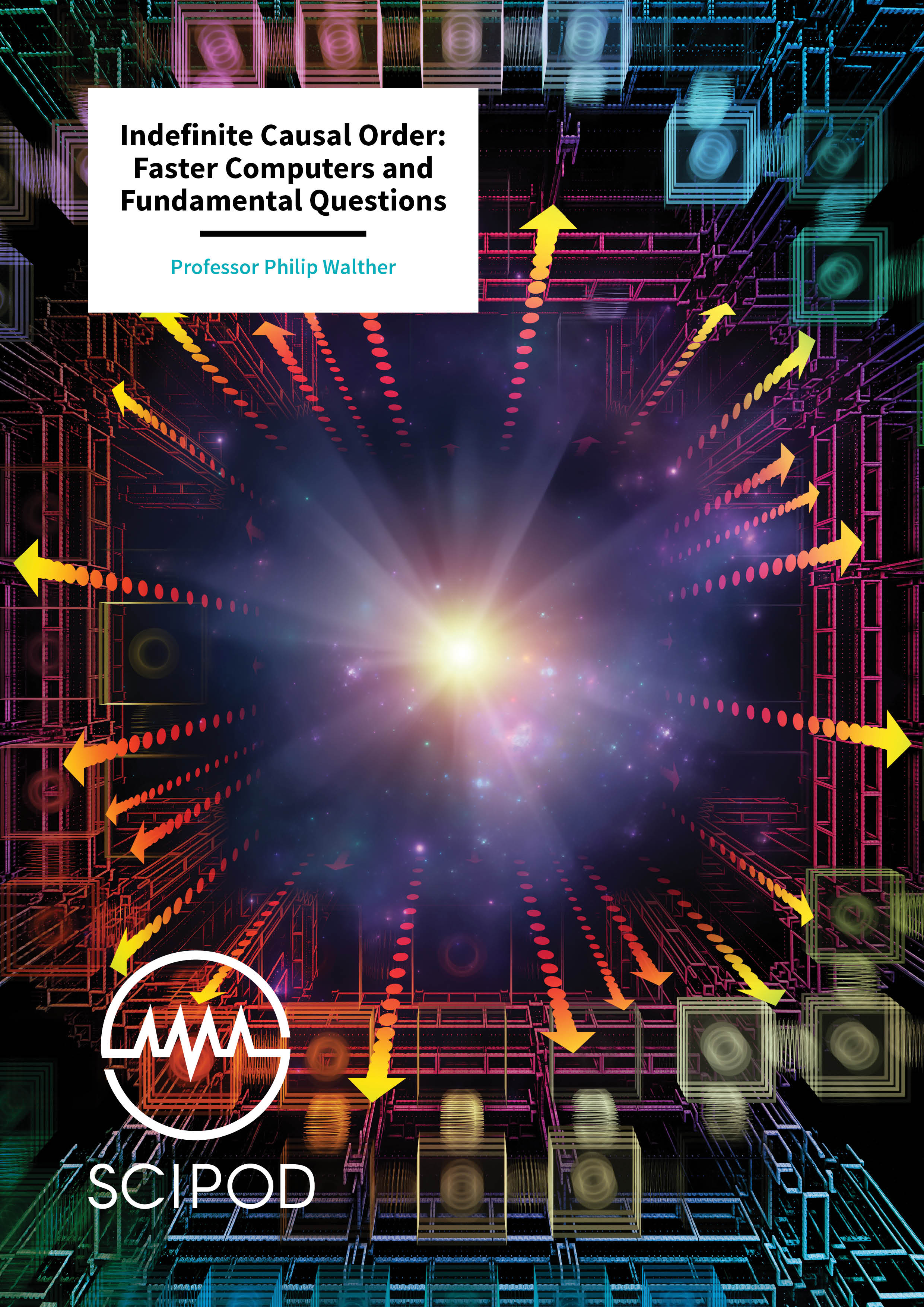
Indefinite Causal Order, Faster Computers and Fundamental Questions – Professor Philip Walther, University of Vienna
Quantum mechanics has greatly improved the speeds at which computers make calculations, but new research shows that quantum computers can be made to run even faster....
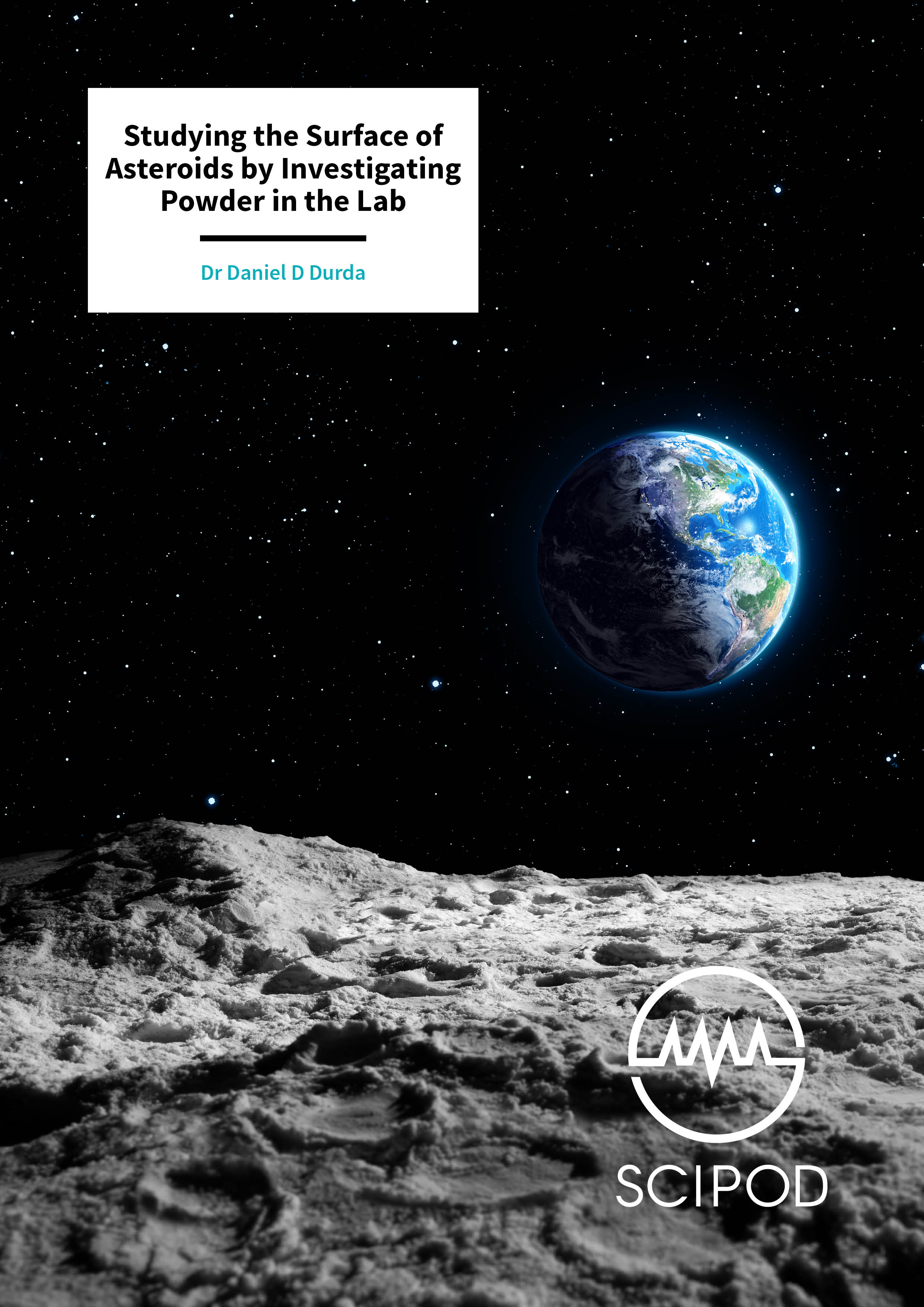
Studying the Surface of Asteroids by Investigating Powder in the Lab – Dr Daniel D Durda, Southwest Research Institute
Space scientist Dr Dan Durda and his team at the Southwest Research Institute in Boulder, Colorado, are working to understand how the planets in our Solar System...
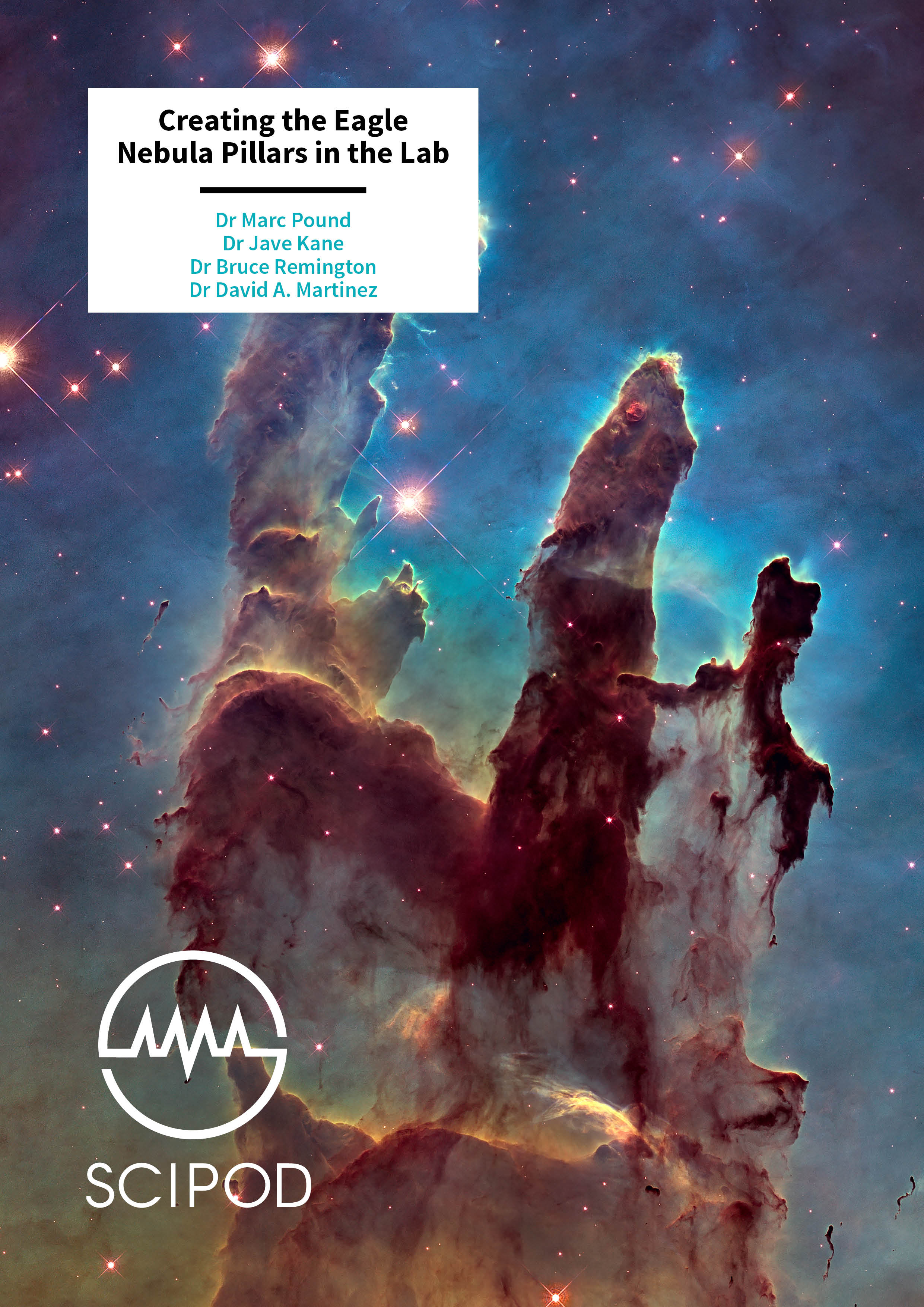
Creating the Eagle Nebula Pillars in the Lab – Drs Marc Pound, Jave Kane, Bruce Remington, David A. Martinez
The ‘Pillars of Creation’ is one of the most iconic images ever taken by the Hubble Space Telescope, but the processes that formed these colossal tendrils of the Eagle...
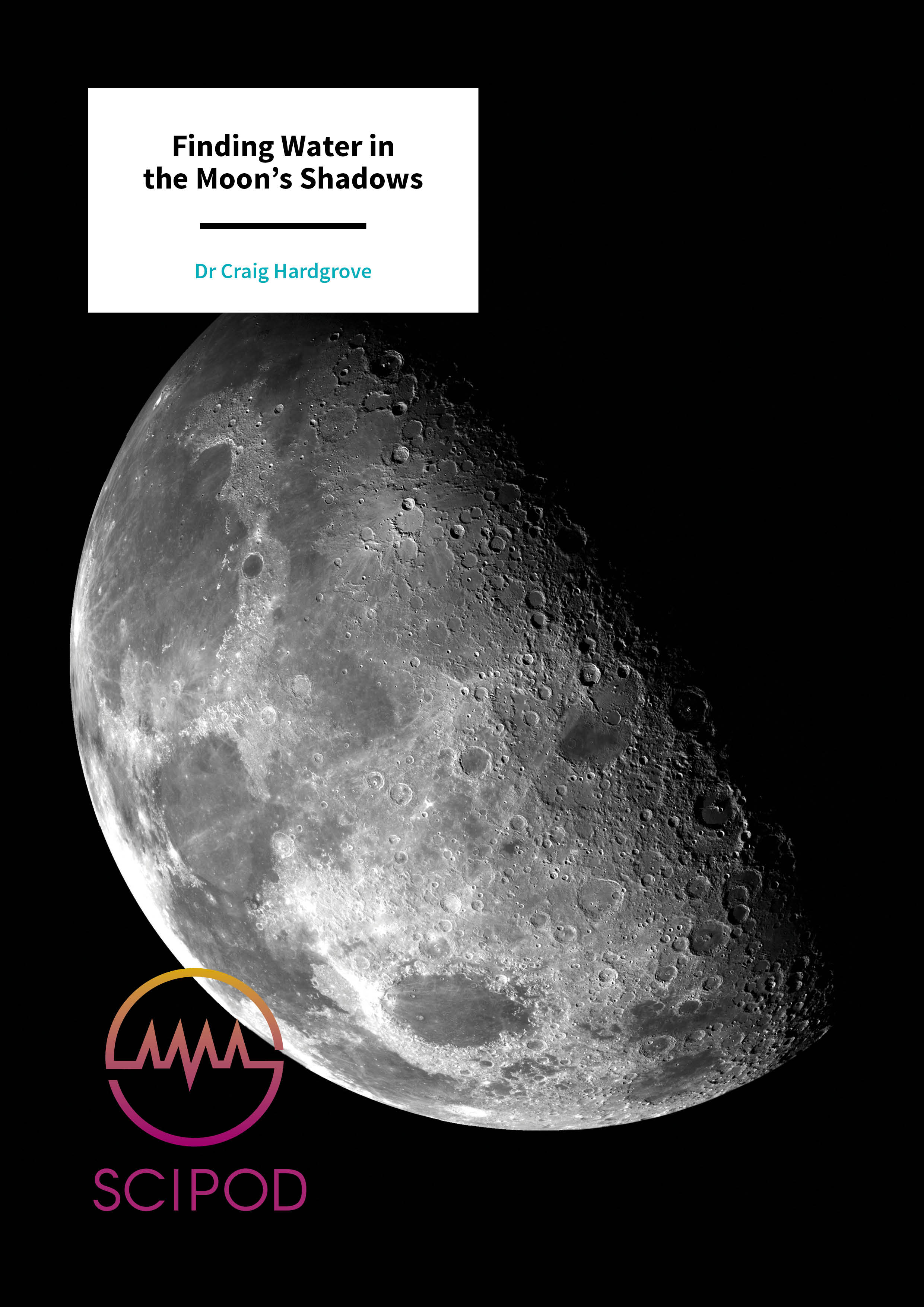
Finding Water in the Moon’s Shadows – Dr Craig Hardgrove, Arizona State University
The Moon’s poles are enriched in hydrogen, a key component of water-ice, but there’s still much to learn. Dr Craig Hardgrove and his colleagues at Arizona State...
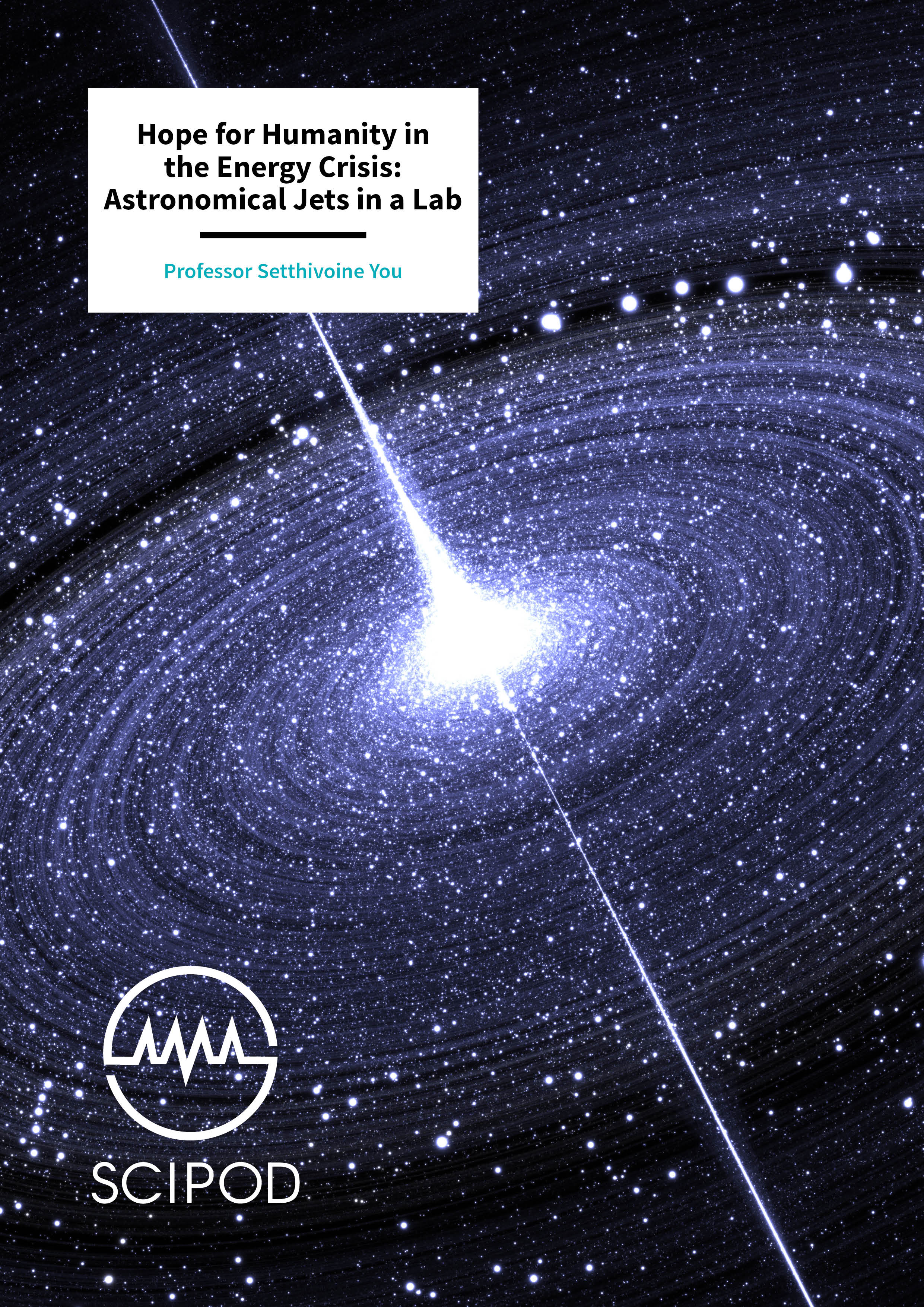
Hope for Humanity in the Energy Crisis: Astronomical Jets in a Lab – Professor Setthivoine You, University of Washington
If we consider Earth as a closed box in which humanity has only ever lived, the second law of thermodynamics says that in the end, inevitably, the box will reach a...
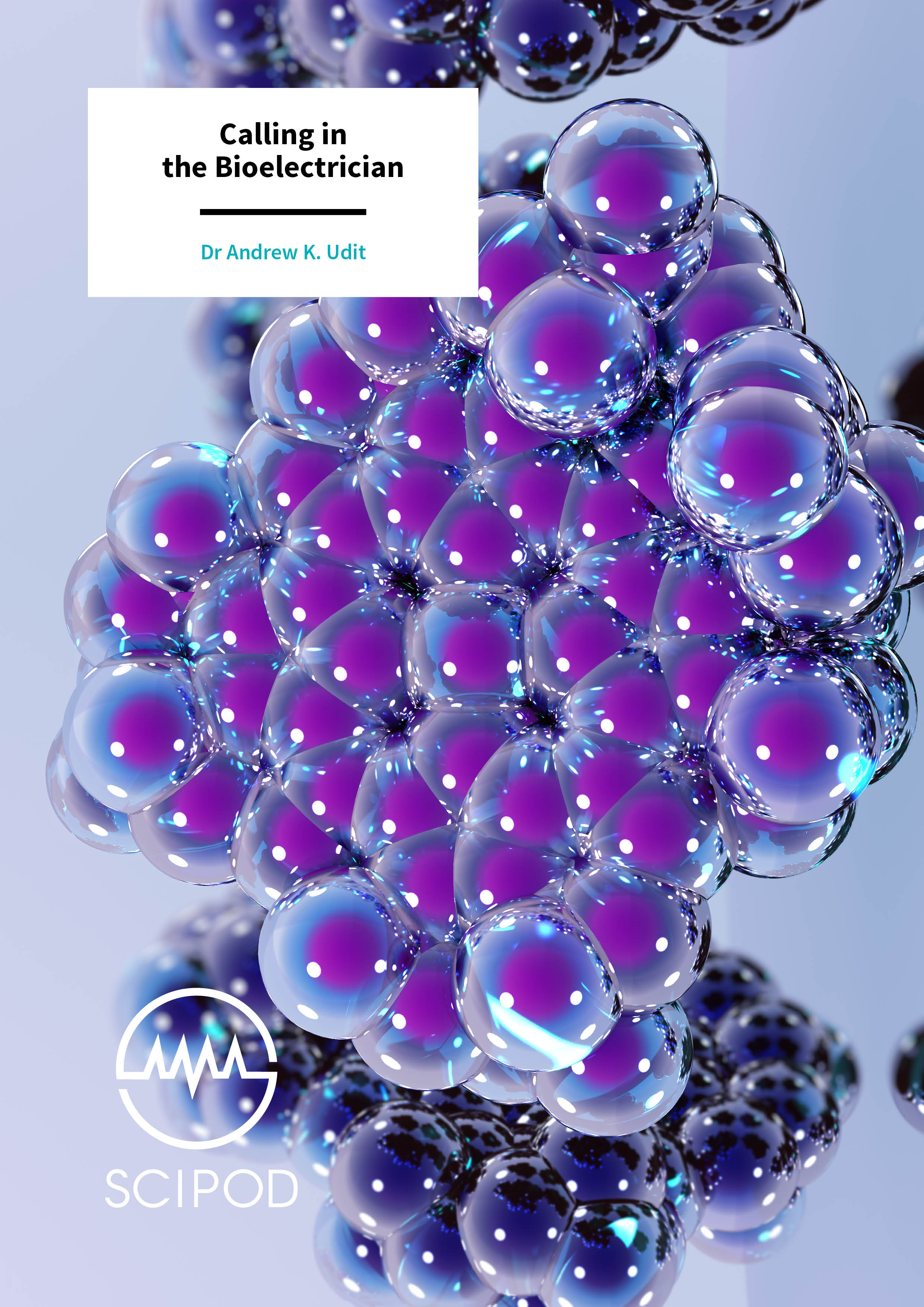
Calling in the Bioelectrician – Dr Andrew K. Udit, Occidental College
In the world of chemistry, the search for new and improved catalysts is of great importance. Inspired by a family of vital biological molecules, cytochrome P450...
